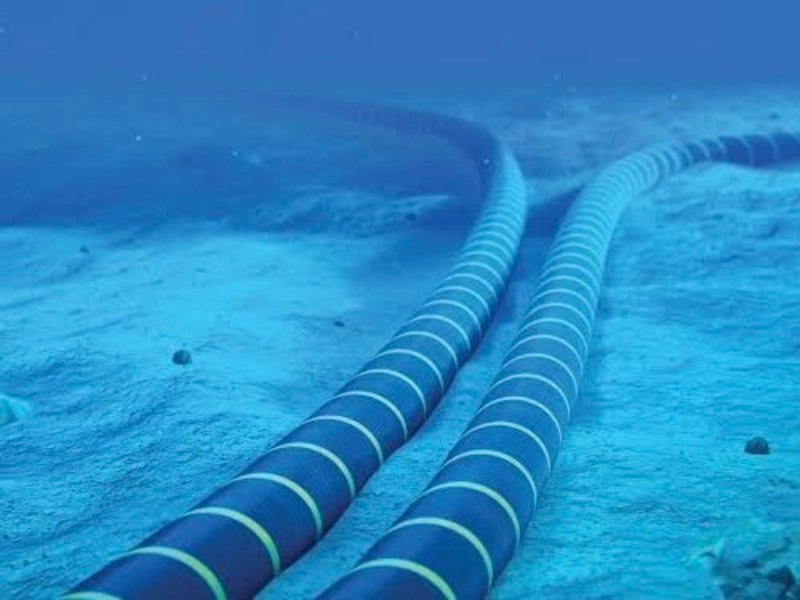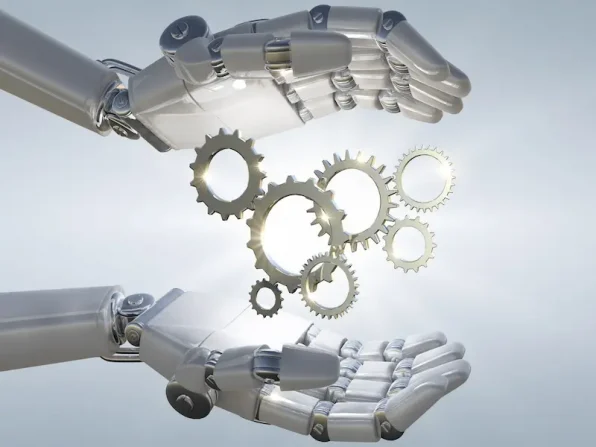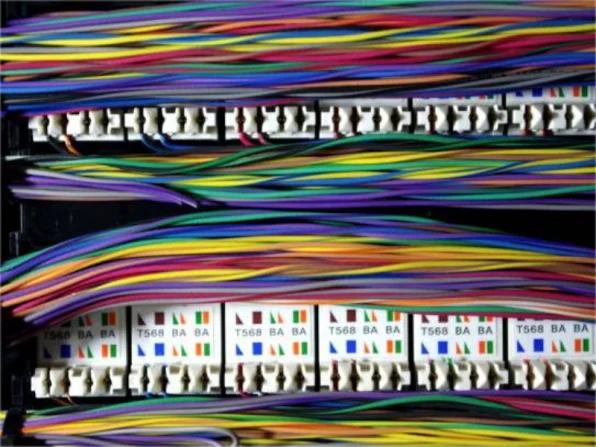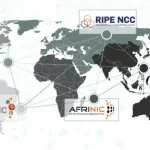- MainOne, a leading West African data centre and connectivity provider owned by Equinix, attributed a recent internet outage in West and Central Africa to a rupture in its submarine cable system.
- The company ruled out human activity as a cause and pointed to seismic activity on the seabed as the likely culprit.
- With a presence in Nigeria, Ghana, and Cote D’Ivoire, MainOne now faces the task of repairing the cable while emphasising the importance of robust infrastructure resilience in sustaining regional connectivity.
MainOne, a prominent West African data centre and connectivity provider, disclosed on Friday that a significant internet disruption affecting West and Central Africa earlier in the week was attributed to a rupture in its submarine cable system. This development, revealed by MainOne, which is under the ownership of data centre operator Equinix, underscores the critical infrastructure vulnerabilities inherent in the region.
Also read: Facebook and Instagram experience widespread outages
Also read: Algorithmic trading blamed for crypto exchange outages
There was no human involvement
The disruption, which occurred offshore Cote D’Ivoire along the West African coast, was traced back to what MainOne described as an “external incident” leading to a cable break in the Atlantic Ocean. Notably, the company ruled out human involvement in causing the disruption, dismissing any potential links to deliberate activities such as ship anchoring, fishing, or drilling.
Operators of several subsea cables reported widespread failures, exacerbating the impact of the outage across West and Central Africa on Thursday. MainOne’s initial assessment points towards seismic activity on the seabed as the probable cause behind the cable rupture. With the cable submerged approximately 3 kilometres (1.86 miles) deep at the fault location, the likelihood of human interference is deemed implausible, further reinforcing MainOne’s conclusion.
MainOne faces the task of repair and restoration
MainOne, with a strategic presence in Nigeria, Ghana, and Cote D’Ivoire, as outlined on its official website, now faces the task of repair and restoration. The company has expressed its commitment to obtaining additional data during the repair process to bolster its understanding of the incident.
This incident serves as a stark reminder of the critical role submarine cables play in sustaining regional and global connectivity, underscoring the imperative for robust infrastructure resilience measures in the face of unforeseen disruptions. As MainOne navigates the aftermath of this incident, stakeholders remain vigilant towards ensuring the reliability and integrity of Africa’s digital infrastructure.









